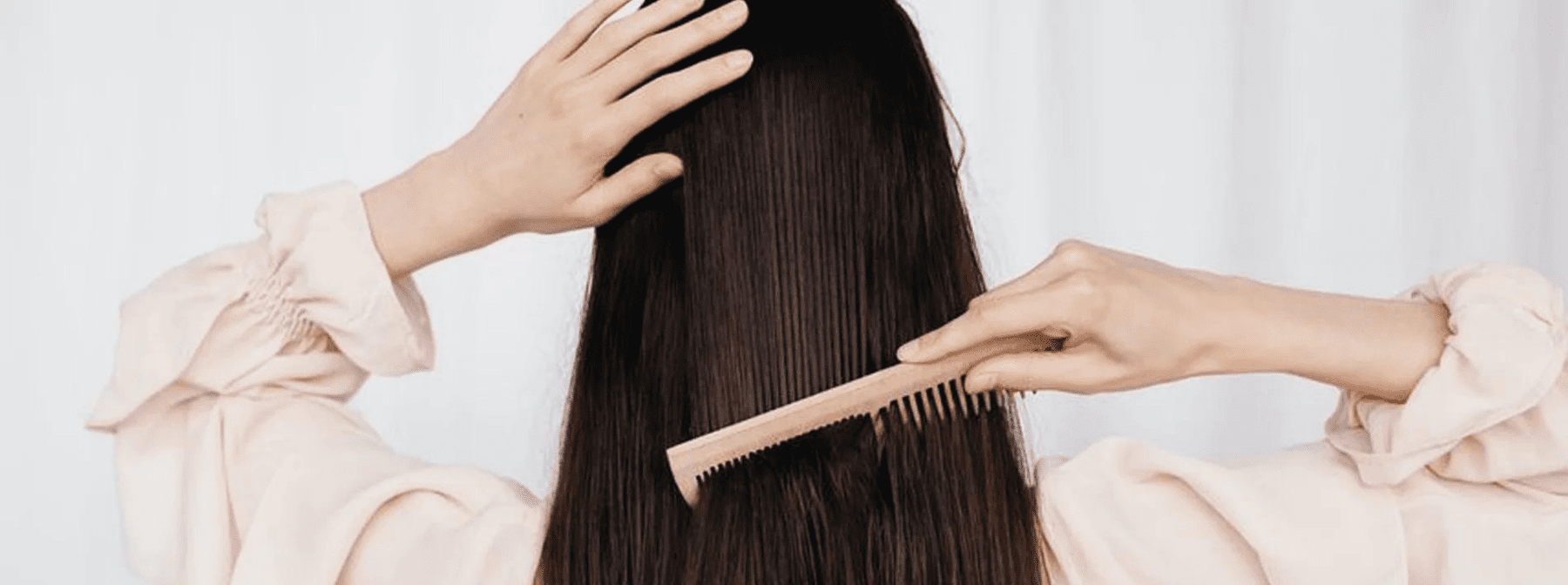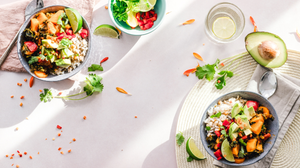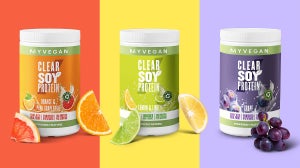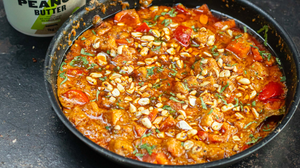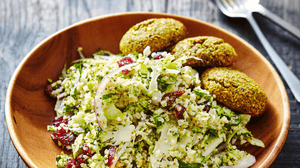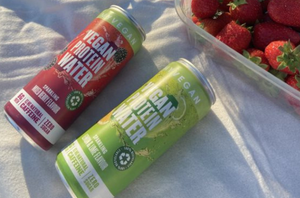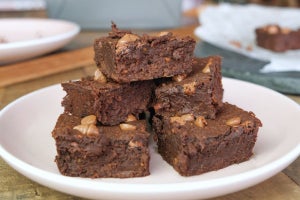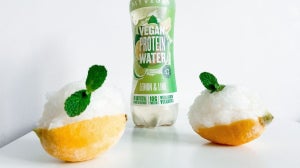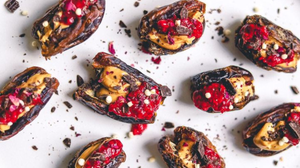
Jennifer Anniston in Friends, Mischa Barton in the OC, Tyra Banks in America’s Next Top Model… all these women are as famous for their shiny locks as they are for their TV appearances. Whilst a hair and make-up artist on call may not be achievable for most people, there are regular habits that can be incorporated into every beauty regime to help improve hair health. Let’s explore how to get healthy hair….
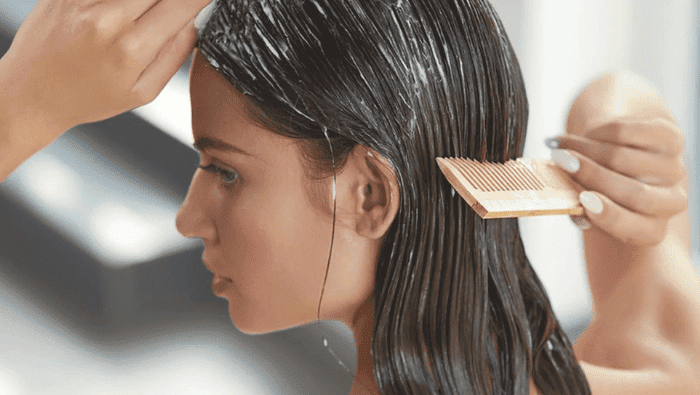
What is it that makes hair look healthy?
There are two main components to healthy hair: surface properties of hair, and integrity of hair ends. Surface properties includes shine and texture, with a shiny, smooth-textured hair generally considered healthy. Hair integrity refers to the presence of ‘split ends’ and broken hairs due to the loss of tensile strength - repeatedly styling hair into a ponytail or bun can eventually cause breakage if hair is weak. As well as regular use of tight bands, heat is another culprit for reducing hair integrity. However, it’s not all doom and gloom when it comes to hair health. Even if you’re a straightener addict, it is possible to improve hair health and encourage shine and growth within the natural hair cycle.
Vitamins for healthy hair
Omega-3:
Regular omega-3 intake has been linked to improved hair growth and thickness. However, since these essential fatty acids are mostly found in fish and seafood it can be difficult to find sources within a vegan diet. Some nuts and seeds such as flax or chia contain small amounts of omega-3 but to really pack a punch it may be worth investing in a good quality omega-3 supplement. The fatty acids found within omega-3’s are integral for maintaining the much envied gloss and shine of healthy hair (aka the surface properties).
A combination of DHA and EPA packs the best nutritional punch. Why not try:
B12:
The importance of B12 supplementation in a vegan diet is well known however, what may be less known is the importance of B12 in encouraging health hair growth. B12 is necessary for the formation of red blood cells which are used to feed hair follicles. The average scalp has approximately 100,000 follicles or ‘hair roots’. Having healthy hair follicles means that tensile strength at the scalp is likely to be higher – this can equate to increased hair growth, and fewer blocked plugholes due to ‘shedding’ that naturally occurs when washing hair.
If you aren’t already incorporating vitamin B12 into part of your daily supplements, now is definitely the time to start. Myvegan B12 is from non-animal derived sources in an easy to swallow tablet formula:
Food for healthy hair
Selenium containing foods:
As well as B12 and omega-3’ fatty acids, another mineral important for healthy hair is selenium. Selenium can help to regulate thyroid function – dry and brittle hair is commonly associated with hypothyroidism (underactive thyroid). The fungus responsible for causing the dull, itchy scalp associated with dandruff can be reduced or even killed by a good selenium intake. Just two brazil nuts a day can help to reach your daily recommend intake of selenium. Alternatively the inclusion of whole grains such as couscous, pasta, or wholegrain breads can all add up to help reach your daily selenium goal.
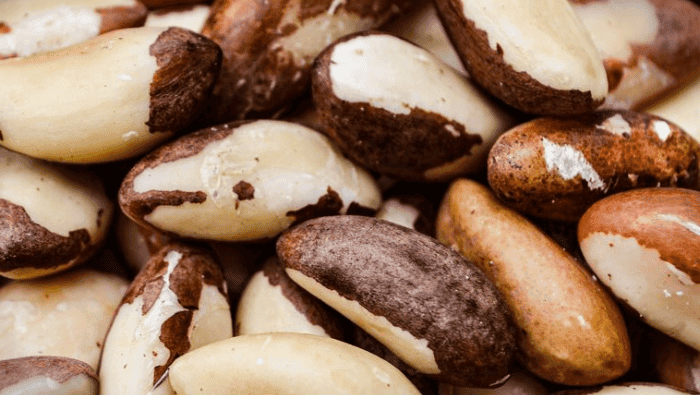
Peanut butter:
If there’s one food to start regularly eating, peanut butter is definitely the one. An incredibly versatile food, peanut butter ticks many of the boxes needed for health hair growth. As with many nut butters, it’s a source of protein and healthy fats. It also contains minerals such as magnesium, zinc, and iron. Zinc cannot be produced by the human body and therefore has to be obtained via dietary intake. Research has found a strong correlation between low levels of zinc and poorer hair integrity (leading to increased hair loss). Iron deficiency is similarly associated with poor health integrity, as well as hair lacking in shine and volume.
Myvegan peanut butter comes in smooth or crunchy, perfect for even the fussiest of nut butter lovers:
Healthy hair top tips
Whilst healthy food choices and regular supplementation helps to maintain healthy hair from within, it’s also important to consider the external factors that can damage hair. As mentioned previously, heat is one of the biggest culprits in destroying hair surface and integrity. Heat styling causes breakage of the hair at the ends, which can then travel up the hair shaft and towards the follicle. Making sure to use a heat protected and having at least 2 ‘heat-free ‘days a week can help to reduce breakage and restore hair to its former texture.
Once weekly hair masks or the use of regular hair oils can also help to improve the surface properties of hair. As mentioned previously, the addition of healthy dietary fats and omega 3’s are necessary for shiny, glossy hair. The addition of oils or masks can externally encourage hair fibres to stick together which helps to avoid splitting of the fibre. Furthermore, oils add shine and nourishment to hair that may be lacking in vitamins and minerals.
In conclusion….
Healthy hair needs help from the inside and out; think about a diet that includes essential fatty acids, omegas, and sufficient micronutrients. Avoiding heat where possible and providing nourishment for your hair are lifestyle changes that even included just once a week may improve overall hair health. Regular haircuts every 6-8 weeks can also prevent any hair breakage from extending up the hair follicle towards the shaft. Average hair growth is around 1cm per month, so be patient with these changes – they will pay off in the end!
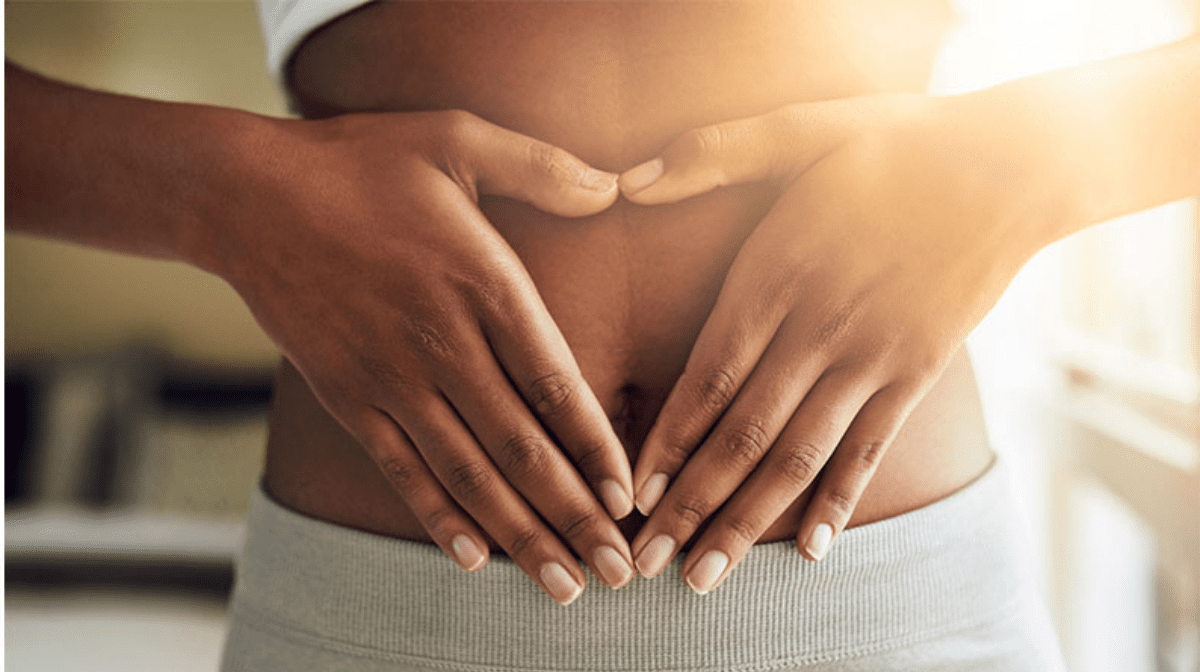
Can a Vegan Diet Improve Gut Health?
Our Registered Nutritionist discusses the link between vegan diets and gut health.
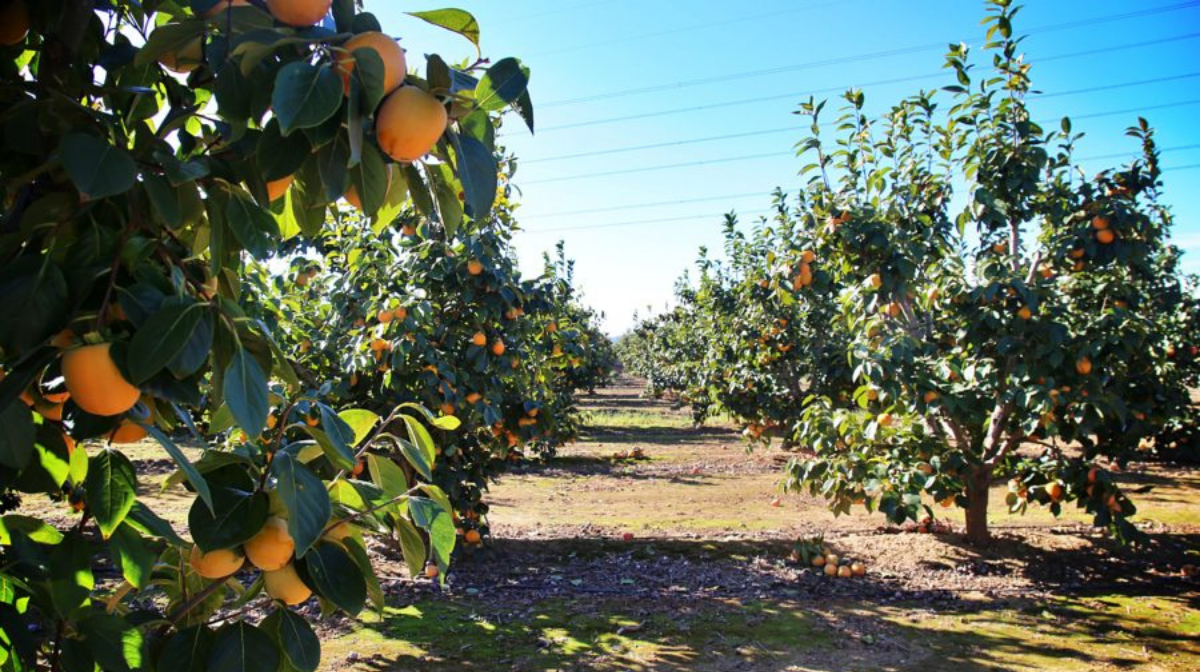
All the Vitamin D Benefits You Didn't Know About
Here's all you need to know about the 'sunshine vitamin'.

